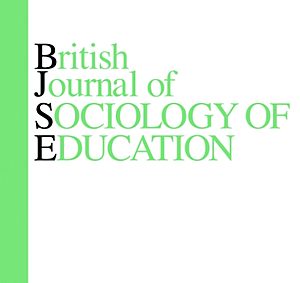In 2014, Thomas Piketty’s Capital in the Twenty-first Century rocked the economic and political world, with its argument that inequality is destined to increase; in the field of education, however, this book has been almost entirely ignored. I argue that Piketty’s treatise is relevant to educational theories for three reasons: his rejection of meritocracy contributes to theories of social mobility; his critique of human capital theory provides fodder for debates about educational purpose; and his interdisciplinary analysis supports the political economy tradition in education. However, I also argue that it is necessary to move beyond the economic determinism in Piketty’s arguments, to explore the transformative potential of education as a consciousness-raising process, the agency of communities, the production process, and alternative solutions to inequality. I argue that education scholars should use the renewed interest in inequality generated by Piketty’s book to shift the dominant discourses about education, schools, and social justice.



